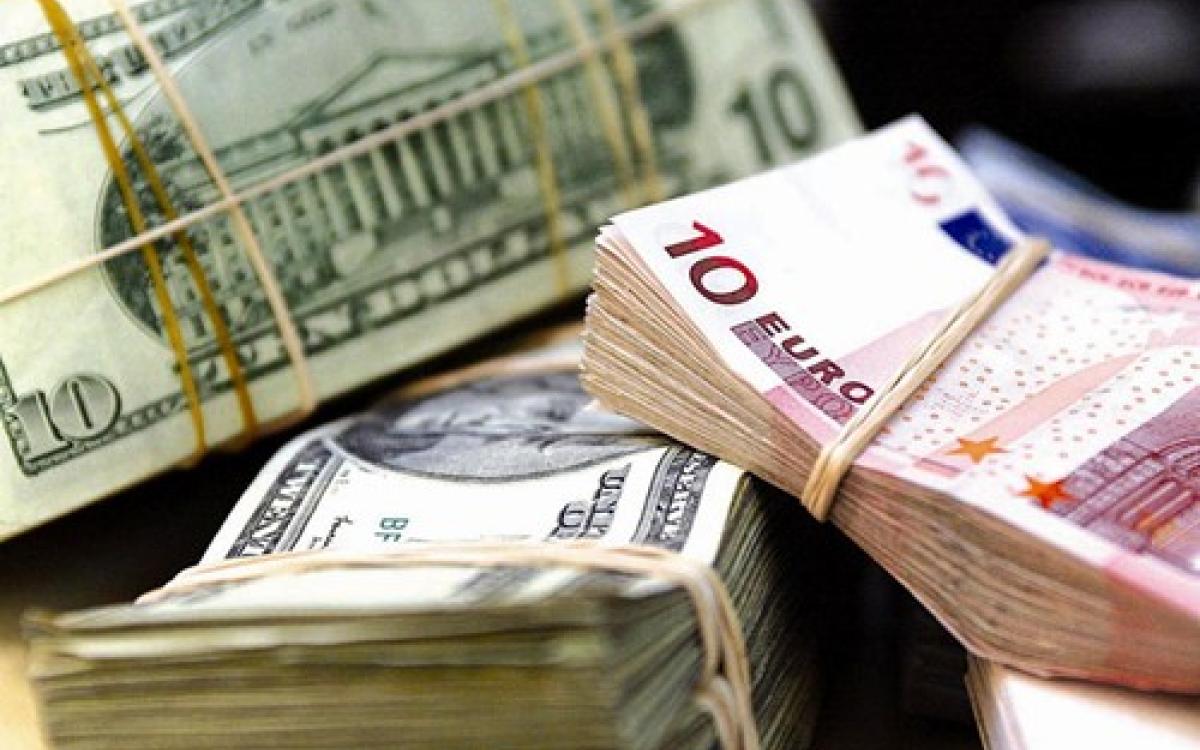Whether it's the soaring Swiss franc, the plummeting ruble or the sliding euro, recent currency fluctuations have caused a media stir on the effects of exchange rates on the tourism industry.
"In principle, currencies always have an impact on travel and tourism," said Taleb Rifai, head of the UN World Tourism Organization, at the Berlin tourism fair (ITB) recently. The rule is simple, he said: “A weaker currency attracts people to your country and prevents you from travelling.
When the Swiss franc suddenly soared against the euro after the Swiss National Bank abandoned attempts to hold down the currency in January, leisure and travel provider Pierre & Vacances-Centre Parcs Group soon found that Swiss customers hunted euro-priced holidays in France and Germany.
“Naturally we had to react,” said Joachim Quadt, sales director for Germany and Switzerland. In February the company offered discounts to tour operators for Swiss sites, in Swiss francs. Switzerland Tourism is also seeking to convince the Swiss to spend their holidays in their own country.
Adam Sacks, president of Tourism Economics, said the shifting exchange rate started noticeably affecting tourism numbers in the United States in the fourth quarter of last year. “And the effects are going to be more pronounced in 2015,” he said.
A recent article in The Economist provided evidence that Americans don't travel more when the dollar strengthens. But foreigners do cut back on their trips to America. In fact, for every one-percentage-point increase in the dollar's value (as measured by the real trade-weighted exchange rate), foreigners' travel spending drops by half a percentage point. And those cutbacks happen immediately after the shock to the exchange rate.
Sergei Korneyev of the Russian federal tourism agency said the recent fall of the ruble is a “rare opportunity” to attract tourists to Moscow, Saint Petersburg and the “Golden Ring” of ancient cities northeast of the capital. “We don’t know what the situation will be tomorrow, that’s why we have to use this chance today,” he said, welcoming an unusual influx of travel professionals to the Russia stand at the ITB.
But what if you could predict what the situation will be like? An interesting paper discussed in Forbes makes the case that you can too forecast foreign exchange rates. The finding is that in the short term (here meaning out to weeks and months, not just the ticker movements by the second) exchange rates are a random walk. But over three and five year periods they do move according to where purchasing power parity models predict they should be. Armed with this business intelligence, destinations would be able to adjust messaging and target markets where they offer better value.
"But it would be too simple to say that demand depends solely on the development of exchange rates," says Petra Hedorfer, head of the German National Tourist Board. "We have long-term strategies which do not change with every wobble of the euro.”
Carroll Rheem, Vice President of Research & Analytics for Brand USA agrees. “I think of currency exchange as a secondary factor when it comes to destination decisions. It is not the driver of someone's overall desire to visit the U.S., but is a situational factor that can impact where the U.S. ranks against other potential destinations for any given trip.” Carroll notes that while she does expect some Europeans to put off a trip in 2015 in favor of other destination due to the dollars’ relative strength, it doesn’t mean Brand USA will abandon those markets.
UNWTO chief Rifai advised that “what you need is a solid industry, to keep moving, keep adjusting (to currency fluctuations), but never be deterred and never try to make dramatic changes in your strategy because of this.”

